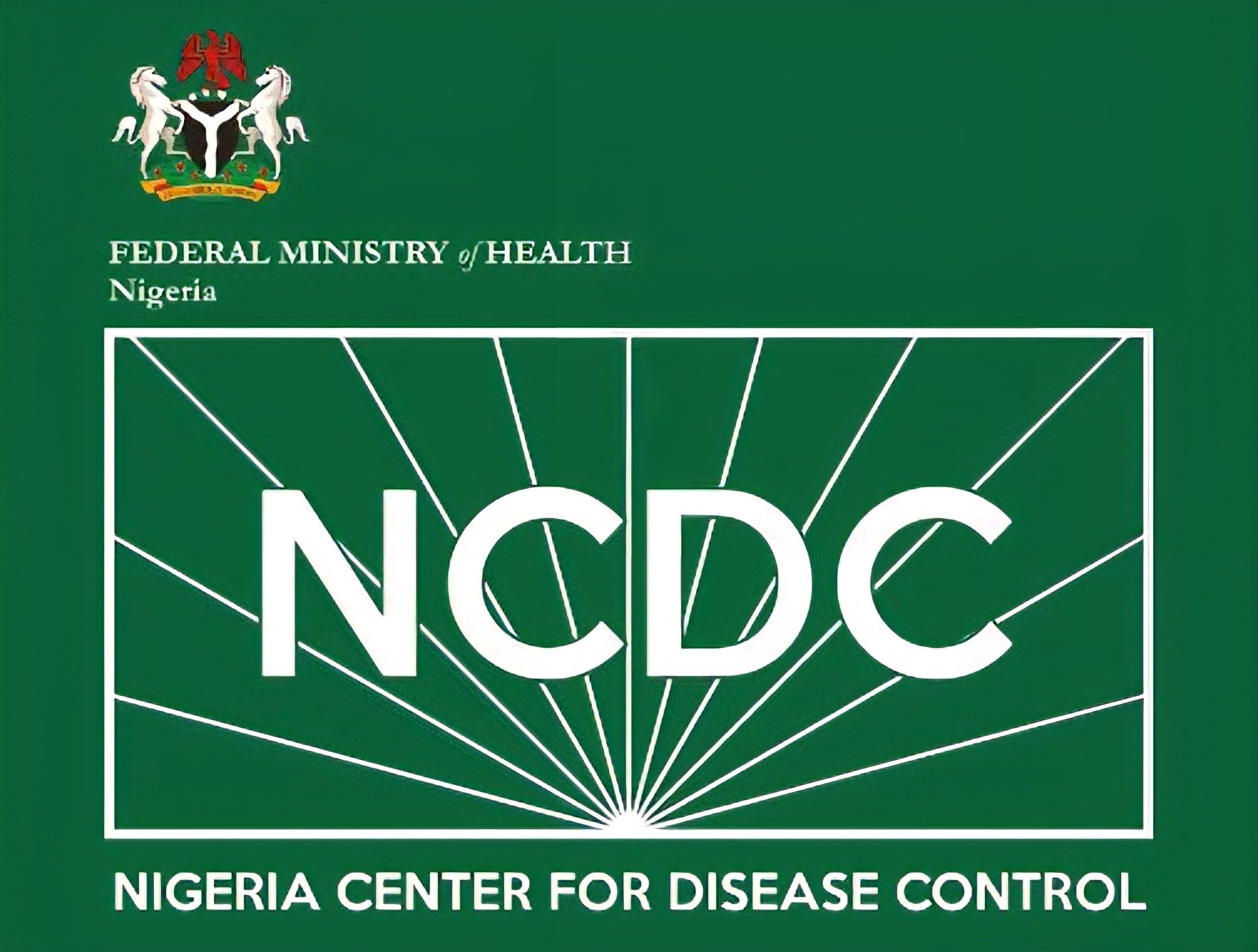
Relief in Abuja as NCDC Confirms Suspected Viral Hemorrhagic Fever Cases Test Negative for Ebola and Marburg

The city of Abuja breathed a collective sigh of relief today following the confirmation by the Nigeria Centre for Disease Control and Prevention (NCDC) that two suspected cases of viral hemorrhagic fever had tested negative for both Ebola and Marburg viruses. The announcement comes after days of mounting tension and speculation within the capital city, where fears of a potential outbreak had begun to spread, sparking conversations in health circles and among the general population about the nation’s preparedness to deal with such high-risk infectious diseases.
According to the NCDC, the cases were identified earlier this week after two patients presented symptoms that bore similarities to viral hemorrhagic fevers, including fever, body weakness, and unexplained bleeding tendencies. Given Nigeria’s history of battling Ebola in 2014 and the wider African region’s recurrent struggles with both Ebola and Marburg outbreaks, the agency moved swiftly to place the patients under strict isolation while laboratory tests were conducted at the National Reference Laboratory in Gaduwa, Abuja. The samples were also subjected to confirmatory testing at partner laboratories to rule out any risk of false results, underscoring the seriousness with which the NCDC approached the situation.
Dr. Jide Idris, Director General of the NCDC, confirmed in a statement that the test results for both patients returned negative for the two deadly viruses. He explained that while the symptoms raised initial red flags, the country’s strengthened surveillance and diagnostic systems ensured that the matter was handled with speed, accuracy, and transparency. He also assured Nigerians that the agency continues to maintain heightened vigilance for any infectious disease threats, particularly those that pose epidemic or pandemic risks. “Our priority is to protect the health of Nigerians, and we are glad to inform the public that these suspected cases do not represent an outbreak of either Ebola or Marburg,” Dr. Idris said.
The news has brought relief not only to residents of Abuja but also to the nation at large, as the mere mention of Ebola or Marburg triggers painful memories of past outbreaks that claimed lives, disrupted economies, and overwhelmed health systems across parts of West and Central Africa. In 2014, Nigeria recorded 20 confirmed cases of Ebola, leading to eight deaths before the outbreak was successfully contained through a coordinated emergency response that drew international praise. Since then, the country has significantly improved its disease surveillance, laboratory capacity, and emergency preparedness under the guidance of the NCDC, which was established in 2011 and has since evolved into a key public health institution.
The relief was evident across social media platforms where many Nigerians expressed gratitude to the health authorities for their swift action, while also emphasizing the need for continued vigilance. Some commentators noted that the rapid testing and communication reflected progress compared to previous years when delays and opacity often fueled panic and misinformation. Public health advocates, however, warned against complacency, stressing that the country remains vulnerable to outbreaks due to porous borders, increasing human-animal contact, and gaps in the healthcare system.
Ebola and Marburg are among the most feared viruses globally, both belonging to the filovirus family and known for causing severe hemorrhagic fevers with high case fatality rates. Transmission occurs through direct contact with the blood or bodily fluids of infected individuals or animals, particularly fruit bats and non-human primates, which are considered natural reservoirs. Symptoms often begin with fever, muscle pain, and weakness, progressing to vomiting, diarrhea, and in severe cases, internal and external bleeding. The World Health Organization classifies both diseases as priority pathogens requiring urgent research and preparedness due to their epidemic potential and lack of widely available vaccines or treatments. While vaccines against Ebola exist, access remains limited in many African countries, and no licensed vaccine currently exists for Marburg.
In recent years, several African nations have reported outbreaks of both viruses. Uganda, the Democratic Republic of Congo, and Guinea have all grappled with Ebola outbreaks of varying magnitude, while Marburg outbreaks have been reported in Ghana, Equatorial Guinea, and Tanzania, sometimes with alarming fatality rates. These recurrent outbreaks have heightened regional concerns and reinforced the importance of rapid detection, cross-border collaboration, and strong public health systems. Nigeria, with its large population and busy international hubs, is often considered at risk of importation of such viruses, which explains the urgency behind NCDC’s testing and public communication in this latest scare.
Health experts have praised the NCDC for releasing timely information, noting that transparency is crucial to maintaining public trust during health scares. In the past, lack of clear communication has allowed rumors to spread faster than facts, sometimes resulting in unnecessary panic, stigma against suspected patients, and resistance to health interventions. By immediately informing the public that suspected cases were being investigated, and later confirming that the results were negative, the agency may have set a precedent for crisis communication in Nigeria’s health sector.
Nevertheless, the incident serves as a stark reminder of the constant threat posed by emerging and re-emerging infectious diseases. Public health officials have urged Nigerians to remain observant and to report any unusual illnesses promptly to health authorities. They have also emphasized the importance of maintaining basic hygiene practices, such as regular handwashing, safe handling of animals, and adherence to health advisories, which remain frontline defenses against infectious diseases.
As Abuja returns to normalcy, the two patients involved are said to be receiving further medical evaluation for their symptoms, which may be linked to other less dangerous conditions. The NCDC has assured that their identities will remain protected in line with ethical medical practice, but stressed that their cases would continue to be monitored until full recovery. The agency has also reiterated its commitment to supporting state governments with training, diagnostic support, and resources for outbreak detection and response, reinforcing the broader health security architecture in Nigeria.
For now, Nigerians can rest easier knowing that the feared Ebola and Marburg viruses are not behind the suspected cases in Abuja. Yet, the event has once again highlighted the delicate balance between relief and vigilance in the face of global health threats. It has reminded the public that while the country has made significant strides in preparedness, constant investment in healthcare infrastructure, surveillance, and community awareness remains essential to protecting lives and livelihoods. As the world continues to battle emerging diseases, from COVID-19 to monkeypox, and as climate change and urbanization create fertile grounds for new pathogens, the latest development is a welcome reprieve, but not a reason to let down our guard.
At a time when health emergencies can cross borders within hours, the ability of Nigeria’s health system to quickly detect, investigate, and rule out deadly threats is not only reassuring but also critical for global health security. The negative test results may not make global headlines like an outbreak would, but they stand as a quiet victory for public health vigilance and a testament to the growing capacity of Nigerian institutions to safeguard their people.


